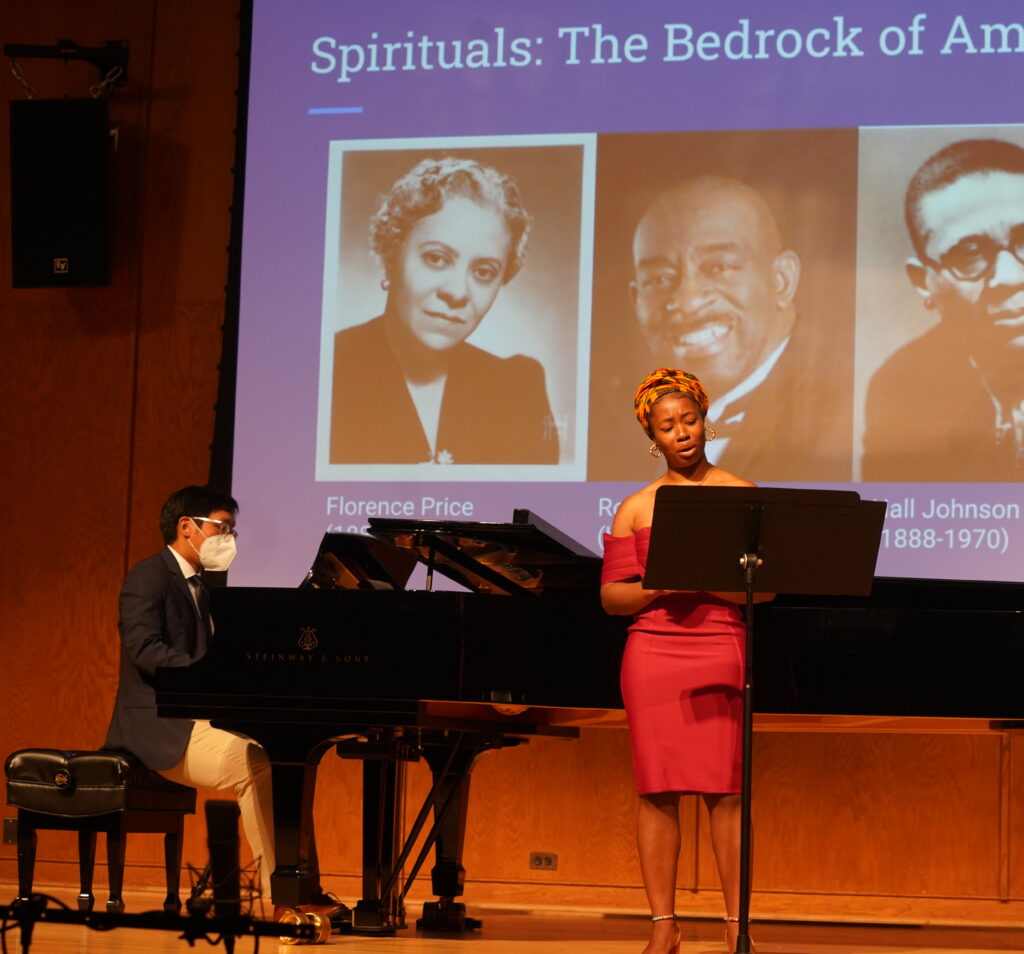Listen
Track:
About
George Dillon was born in Jacksonville, Florida in 1906. He was raised in Kentucky, Ohio and Missouri. Eventually, his family moved to Chicago, Illinois where he attended the University of Chicago. As a poet, his works experiment with both meter and natural imagery to illustrate love, loss, and death. He fell in love with renowned poet, Edna St. Vincent Millay. The two served as muses for one another, with Dillon being the source of inspiration for the sonnet sequence Fatal Interview, and Millay for the collection of poems entitled The Flowering Stone. Dillon won a Pulitzer Prize for this collection in 1932.
Dillon worked alongside Harriet Monroe, the founding editor of Poetry magazine. Following her death in 1936, Dillon took over the role of editor and held the position until his retirement in 1949. He also began working as a translator, having translated Racine’s work including Three Plays of Racine: Phaedra, Andromache, and Brittanicus. With the help of Millay, the two collaborated on the English translation of Baudelaire’s Flowers of Evil.
Beyond his work in literature, Dillon served as a member of the Signal Corps in World War II. Upon watching Allied Forces drive German troops out of Paris, he signaled in morse code “Paris is free” from the top of the Eiffel Tower.
-Lucy Koukoudian
This profile was created during the 2023-2024 academic year as part of the Song of America Fellowship Program, a project of the Classic Song Research Initiative between the Hampsong Foundation and the University of Michigan, School of Music, Theatre, and Dance
Bibliography
https://snaccooperative.org/view/19681675
Related Information
Songs
Recordings

"Singing Justice" Seminar Recital
(Margaret Bonds, Henry T. Burleigh, Maud Cuney Hare, Adolphus C. Hailstork, Lori Hicks, Hall Johnson, John Rosamond Johnson, Undine Smith Moore, Robert L. Morris, Robert Owens, Rosephanye Powell, Florence Price, Brandon J Spencer and Spiritual)
2022
View recording

